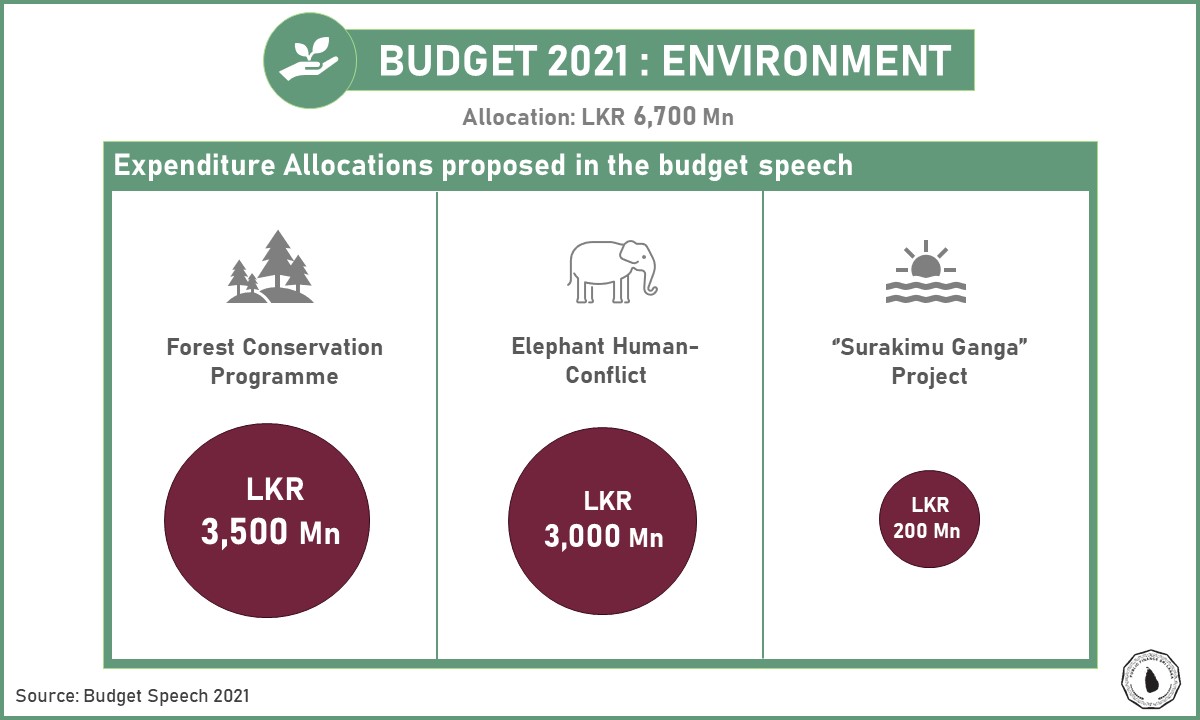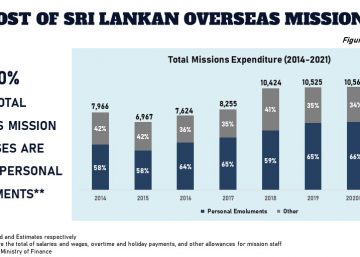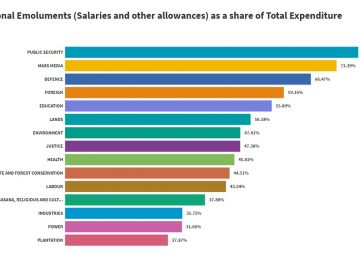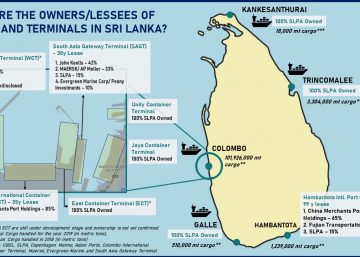The Sri Lankan Parliament meets today (7th December 2020) to debate the budget for the Ministry of Environment & Ministry of Wildlife & Forest Conservation.
Here is an overview of all budget proposals allocated for the Environment sector.

Extracts from the Budget Speech
Forest Conservation Programme
It is proposed to increase the forest coverage, by using the lands available on both sides of the roads, schools, government and private offices and urban environments coupled with the accelerated program of expanding the forest cover by 15,000 acres. It is proposed to strengthen the surveillance by the Sri Lanka Air Force to prevent illegal deforestation. The identified deforested lands will be reforested with the assistance of the Sri Lanka Air Force. Rs. 3,500 million is proposed to be allocate for the accelerated forestation programme during 2021-2023.
Village Assistance
We will allocate, Rs. 3,000 million to establish elephant fencing and trenches, and also to construct tanks in the wildlife areas while meeting the requirement for food of the animals, protecting wildlife habitats, also to empower the communities to engage in community safeguard mechanisms, with a view to mitigate the loss of property and life that arises due to the human elephant conflict
”Surakimu Ganga” National Environment Programme
“Surakimu Ganga” is a national environment conservation programme which will conserve the water resource s in 103 natural river basins in the country used for irrigation, drinking, generation of power, industries, tourism and other needs. More than 30 per cent of the population live in the proximity of river catchment areas.
Pollution in the river basins of the country is mainly caused by irregular human activities, urbanization and industrialization. Irregular disposal of polythene, plastic and faecal matter into rivers and the contamination of rivers due to soil erosion and use of pesticides have become an environmental challenge. Therefore, I propose to allocate an additional amount of Rs. 200 million for identified priority programmes such as the prevention of irregular disposal of sewage and regulation of sand mining according to an established mechanism in line with the prescribed conservation requirements.



